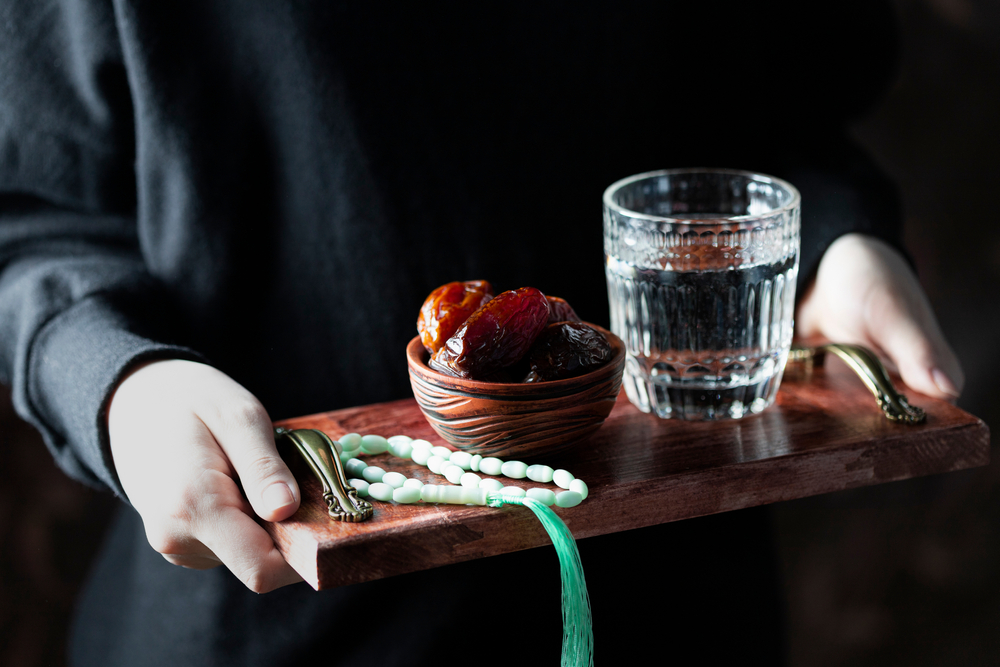Must I Make-Up My Fasts Due to the Possibility of Swallowing Water after the Entrance of the Fajr Prayer Time?
Hanafi Fiqh
Answered by Shaykh Yusuf Weltch
Question
In our neighborhood, a few minutes before fajr azan, a siren sounds to signal the end of sehri. I believe the siren occurs before Subh Sadiq. But last year, after the siren, I was drinking water when Azan began, and I don’t remember if I had water in my mouth, and if I did, did I spit it or drink it. If I spat it, do I need to make up that fast in this case, and do I also need to make kaffarah if I drank the water when azan began?
Answer
In the Name of Allah, the Most Merciful and Compassionate
You are not required to make up the fast of the day in question for the following reasons:
The basis is that the night remains. An assumption to the contrary is only recognized if you are reasonably sure or certain that the Fajr time (Subh Sadiq) entered. [Ibn Nujaym, al-Ashbah wal-Nazair]
In the case that you described, the evidence leans to the Fajr time not entering. You mentioned that the siren was called prior to the entrance of the Fajr time (Subh Sadiq).
Moving Forward
It is recommended for you to stop drinking and eating before the occurrence of any possible doubt whether the Fajr time has entered. Others schools strongly encourage abstaining from food and drink 15 minutes before the entrance of Fajr.
Hope this helps
Allah knows best
[Shaykh] Yusuf Weltch
Checked and Approved by Shaykh Faraz Rabbani
Shaykh Yusuf Weltch is a teacher of Arabic, Islamic law, and spirituality. After accepting Islam in 2008, he then completed four years at the Darul Uloom seminary in New York where he studied Arabic and the traditional sciences. He then traveled to Tarim, Yemen, where he stayed for three years studying in Dar Al-Mustafa under some of the greatest scholars of our time, including Habib Umar Bin Hafiz, Habib Kadhim al-Saqqaf, and Shaykh Umar al-Khatib. In Tarim, Shaykh Yusuf completed the memorization of the Qur’an and studied beliefs, legal methodology, hadith methodology, Qur’anic exegesis, Islamic history, and a number of texts on spirituality. He joined the SeekersGuidance faculty in the summer of 2019.
